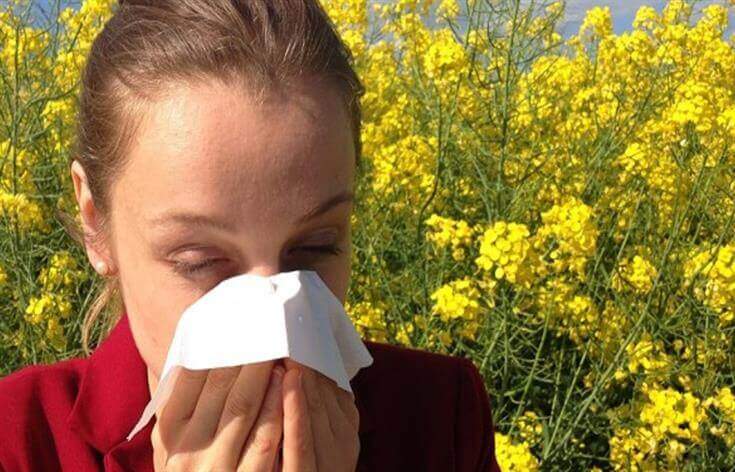As the blissful fragrance of the new season fills the air, the grass turns bright green and birds sing their cheerful tune, most of us will opt outside to reap the benefits of beautiful weather. However, for more than 50 million allergy sufferers in the U.S., seasonal triggers can put a real damper on the blossoms of spring.
With everything on the market today, from over-the-counter tablets to doctor prescribed nasal sprays, choosing the right allergy relief can be a bit overwhelming. No need to fret — American Family Care is here to help answer your questions about the two main types of relief and uncover the best allergy medication for you!
What are Antihistamines?
Histamine is a compound your body produces when it comes in contact with a likely allergen. Antihistamines work by blocking histamine and therefore help ease your runny nose, watery eyes and constant sneezing. For best results, experts recommend taking them before you feel a reaction, as they can build up in your blood to fight the release of histamine.
Some antihistamines are taken daily, where others are only used when symptoms occur. They come in many different forms such as oral tablets, nasal sprays, and eye drops, and are available both over-the-counter and by prescription. Common antihistamines include Allegra, Clarinex, and Benadryl.
What are Decongestants?
When you’re fighting stubborn congestion and desperate to breathe again, decongestants may be the best choice of defense. Decongestants like Afrin, Vicks Sinex, and Sudafed work to shrink blood vessels, reducing fluid and inflammation in swollen nasal passages.
Your decongestant options are fruitful as they also come in pills, liquids, nose drops and sprays. While nasal sprays are often a great option for quick relief, allergy sufferers are advised not to use them for more than three to five days. After a few days of treatment, your body builds up immunity to the medication and continued use may cause long-term issues.
Oftentimes, antihistamine and decongestant combinations like Claritin-D and Zyrtec-D are also used to combat seasonal allergies. You guessed it… the “D” stands for decongestant! These powerhouse treatments may be the best of both worlds as they help stop the formation of histamines in the body while also reducing nasal congestion.
American Family Care advises you to consult your doctor, pharmacist, or one of our experts before settling on a particular allergy treatment to assess possible side effects and determine the best option for you this season!

